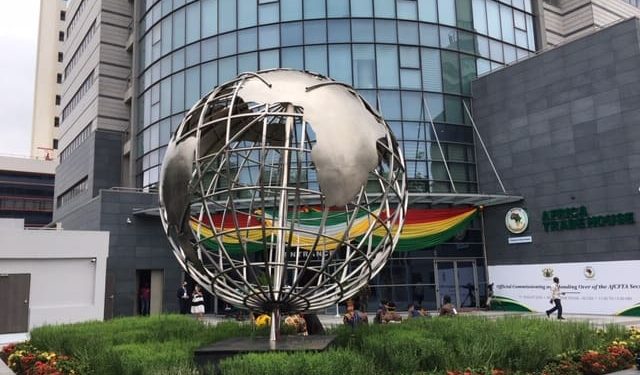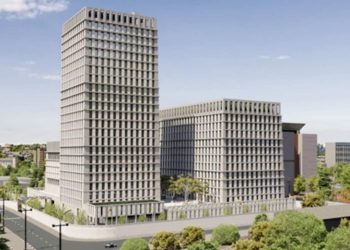All is set for trading in goods under the African Continental Free Trade Area (AfCFTA) agreement to begin this year.
On September 26, the historic trading in goods under AfCFTA will commence from Ghana where the various processes will be demonstrated to the whole world.
Trading in goods will constitute 70% while services take up the remaining 30%.
Africa is now the world’s largest free trade area since the formation of the World Trade Organisation, and we must make it count.
Covering a market of 1.2 billion people with a combined GDP of $3 trillion across 54 member states of the AU that have signed up to the agreement, it will provide the vehicle for members to trade among themselves in a more modern and sophisticated manner.
It will also offer a huge opportunity to exploit the abundant wealth and resources of the continent for the benefit of all Africans and give protection in how to deal with other trading blocs.
The AfCFTA is a determined attempt by African countries to unlock Africa’s tremendous potential to deliver prosperity for all Africans.
It is expected to lift over 30 million Africans out of extreme poverty and boost the incomes of nearly 68 million others who live on less than $5.5 a day.
It will boost Africa’s income by $450 billion by 2035 (a gain of 7%) while adding $76 billion to the income of the rest of the world.
The trade pact is expected to increase Africa’s exports by $560 billion, mostly in manufacturing and spur larger wage gains by 10.5 per cent for women and more than 9.9% for men.
Boost wages for both skilled and unskilled workers is estimated at 10.3 per cent for unskilled workers and 9.8 per cent for skilled workers.
Under AfCFTA, extreme poverty is projected to decline across the continent—with the biggest improvements in countries with currently high poverty rates.
West Africa would see the biggest decline in the number of people living in extreme poverty, with a decline of 12 million, more than a third of the total for all of Africa.
Central Africa will see a decline in poverty for 9.3 million people.
Similarly, Eastern Africa will witness poverty declining fir 4.8 million people.
In Southern Africa, 3.9 million are expected to be lifted out of poverty.
Countries with the highest initial poverty rates will see the biggest declines in poverty rates.
For example, on Guinea-Bissau, the rate would decline from 37.9% to 27.7%.
In Mali, the rate will decline from 14.4% to 6.8%. In Togo, poverty will decline from 24.1% to 16.9%.
Of the $450 billion in income gains from AfCFTA, $292 billion will come from stronger trade facilitation—measures to reduce red tape and simplify customs procedures.
Creating a continent-wide market will require a determined effort to reduce all trade costs.
It will also require creating competitive business environments that can boost productivity and investment, as well as promote increased foreign competition and foreign direct investment that can raise productivity and innovation by domestic firms.
In a few sectors facing job losses, governments will need to be ready to support workers with adequate safety nets and policies to retrain workers.
Governments will need to design policies to increase the readiness of their workforces to take advantage of new opportunities.
By increasing regional trade, lowering trade costs and streamlining border procedures, full implementation of AfCFTA will help African countries increase their resiliency in the face of future economic shocks and help usher in the kinds of deep reforms that are necessary to enhance long-term growth.











